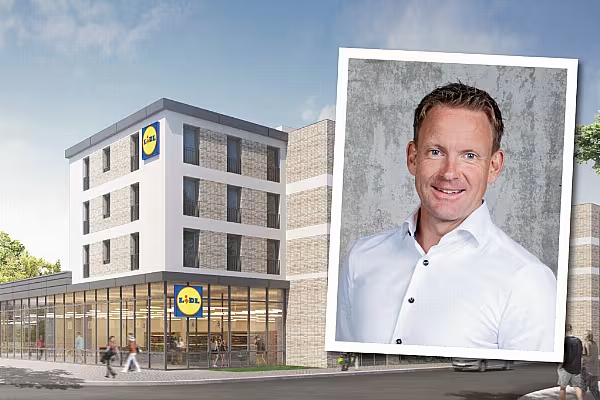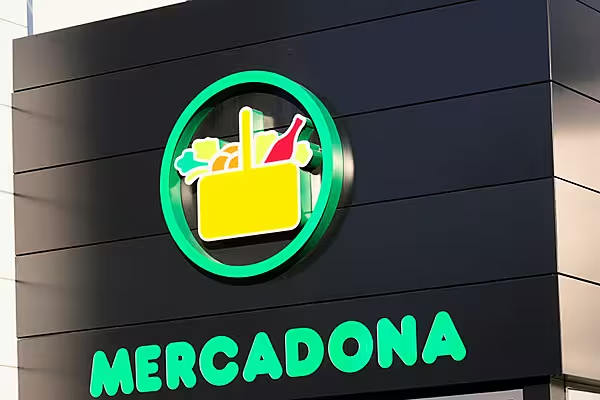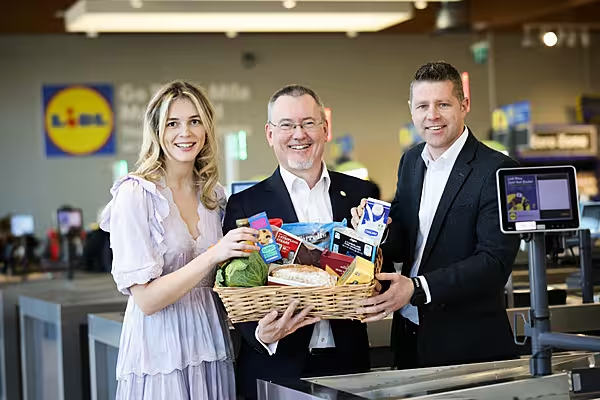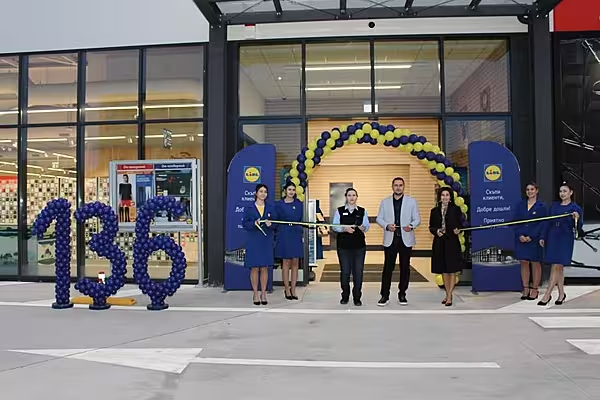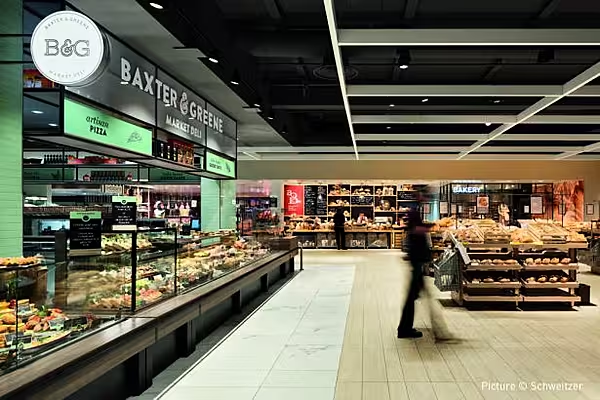In the most recent edition of ESM, we caught up with sustainability leaders across European retail, as part of our 'Sustainability 2024' report, including Florian Schütze, Vice President of Corporate Responsibility, Schwarz Unternehmenskommunikation.
ESM: We’re more than a year into a cost-of-living crisis that has hit consumers hard. To what degree have these financial difficulties influenced consumer perceptions about sustainability?
Florian Schütze: Even in challenging times, we fulfil our responsibility in the area of food supply and always offer customers of the retail divisions Lidl and Kaufland products at the best price-performance ratio. This gives many people access to a sustainable assortment, such as organic or Fairtrade products.
Consumers today make their consumption decisions more consciously, taking various aspects into account. In terms of general consumption, this can imply a more sustainable buying behaviour.
Sustainability and environmental protection are still important, and they are becoming increasingly more relevant, especially on social media and among the younger generation. As companies of Schwarz Group, we have the opportunity to position ourselves as a sustainable retail group with strong brands.
To be effective, sustainability needs to permeate all aspects of a business’s decision-making and operating structure. How has that been implemented at your business?
Since the very beginning, sustainability has been embedded in the DNA of the companies of Schwarz Group. It is our jointly defined goal to act as efficiently and sustainably as possible in all divisions and business processes of Schwarz Group companies.
Our actions are strongly inspired by sustainable factors. This helps us to grow, today and in the future. By thinking and acting sustainably, we can develop ourselves further, and even tap into new business areas. This is how the PreZero recycling and environmental division came to be.
Furthermore, the new division of Schwarz Group, Schwarz Digits, will pave the way for developing groundbreaking digital innovations, which will also be relevant in terms of sustainability.
To what degree have you sought to foster collaboration with other businesses, groups, or industry bodies in furthering your sustainability goals?
Partnerships in the context of sustainability are paramount to the companies of Schwarz Group. Together with different stakeholders – such as business partners, NGOs, politicians, initiatives and associations – we are already addressing complex sustainability challenges today, and we are committed to pursuing holistic solutions for the future.
With the retail divisions Lidl and Kaufland, the food producer Schwarz Produktion, and the environmental service provider PreZero, the companies of Schwarz Group are one of the few retail groups in a position to cover virtually the entire supply chain – from production and retail to disposal and recycling.
The key concept of a circular economy and the jointly developed vision of closing material loops have already given rise to valuable joint ventures within the companies of Schwarz Group.
This includes, for example, the material cycle established between Schwarz Produktion and Lidl to make disposable PET bottles out of 100% recycled material – except for the caps and labels – or various promotions at Lidl and Kaufland, such as laundry baskets, storage boxes or trash cans made of recycled plastic from PreZero.
Younger consumers – particularly Gen Z – are sceptical about the sustainability claims being made by big businesses. How can businesses better communicate to this demographic?
It is important to put ourselves in the shoes of our target groups and to understand their concerns. For this purpose, we need to tailor our communication to the respective target group, based on clearly prepared figures, data and facts. I see digitalisation as a decisive supporting factor here.
In the end, transparency and credibility are what really make a difference.
We’re now just over a year away from the mid-part of the decade. In what areas do you think we will see a ramping up of sustainability efforts over the next year?
Definitely in the area of the circular economy – in other words, from production to appropriate recycling. After all, we, as a company, must find a way to make our business circular in order to help shape the transformation process for a better future.
Digital support and inter-company partnerships are key factors in this regard, which have resulted, for example, in watermarks being added to packaging to make sorting different types of packages more efficient.
Furthermore, we need to take environmental protection seriously and promote it, since it ultimately affects us all. The European Union is aiming to make Europe a climate-neutral continent by 2050, which we can only achieve if we work together. As consumers, we have an influence on promoting climate and environmental protection.
At the same time, we have a huge responsibility as a corporate group, thanks to our size, which we take seriously. With 6.8 billion customers visiting Lidl and Kaufland stores every year, we have a great deal of leverage to shine a spotlight on sustainability in our society.
